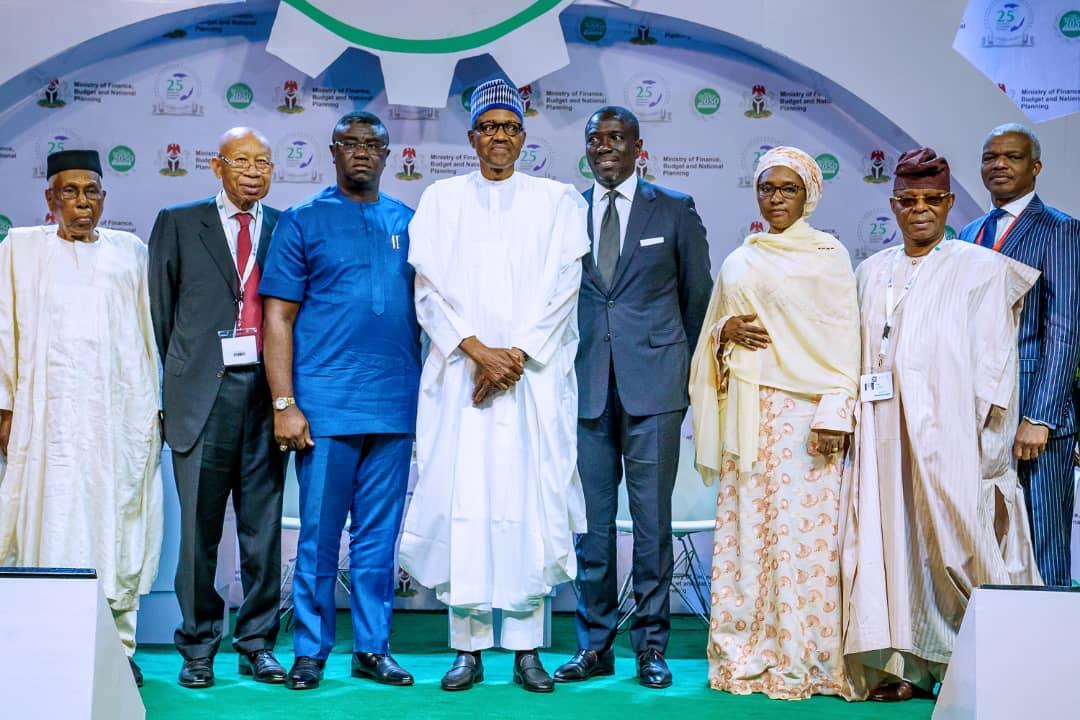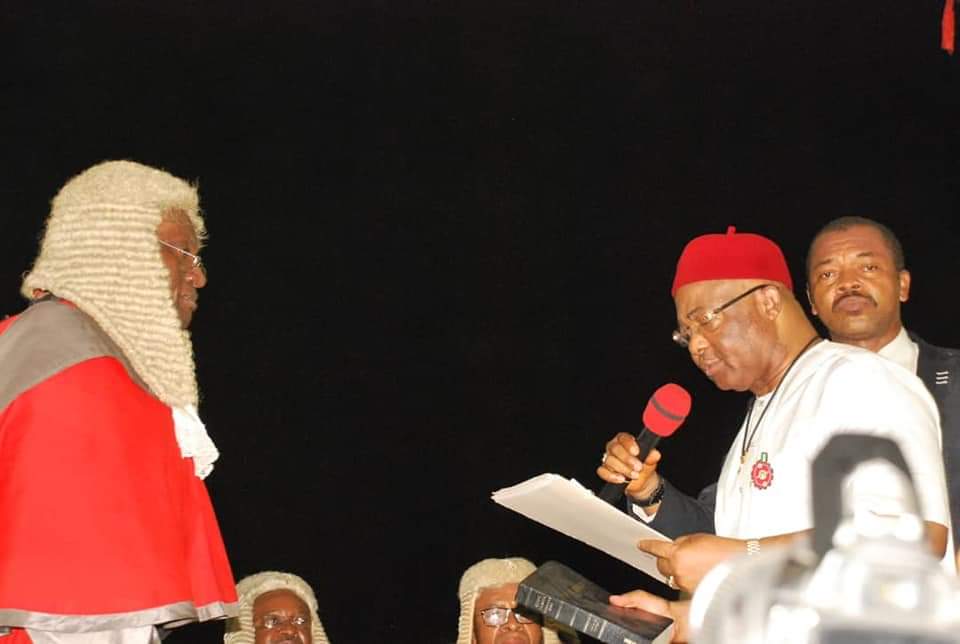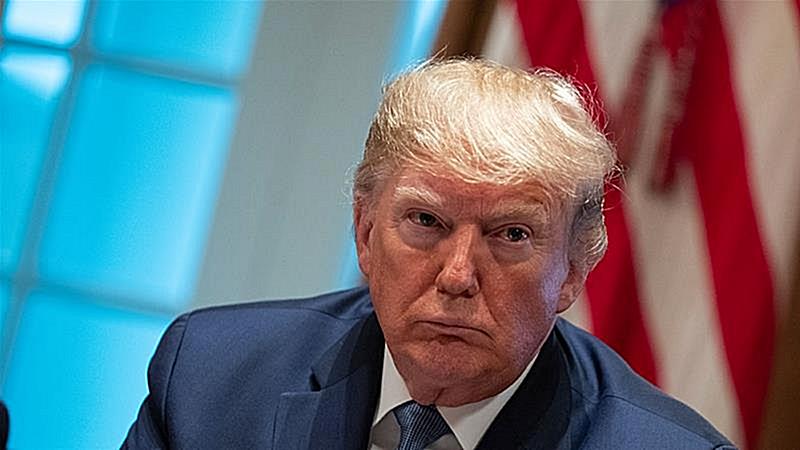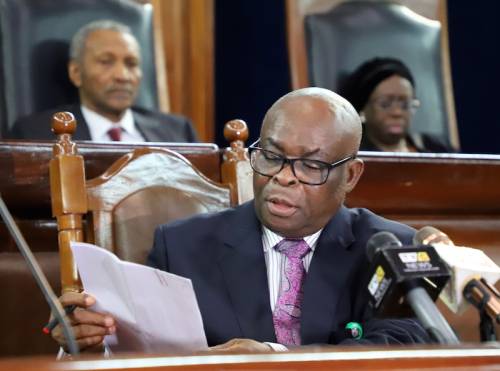Contrary to the age-long popular saying in Nigeria that the country’s massive population is full of strength, asset and advantage, the Emir of Kano, Mohammadu Sanusi (II) at the first panel session of the 25th Nigerian Economic Summit Group (NESG), in Abuja on Monday averred that it is no more an asset, but humongous liability to the country.
Explaining more at the lead session featured by the Founder of the Kukah Centre, Bishop Mathew Kukah and Governor of Ekiti State, Kayode Fayemi, the former Governor of the Central Bank of Nigeria (CBN), made it clear that “the potentials of the country’s huge population had yet to be tapped as the right policies to harness the future of the young people in terms education and empowerment are still lacking.”
In his no hold-barred revelations, the vociferous monarchargued that “People talk that our population is an asset but we are yet to get there. Nigeria’s population is currently a liability because most of the root cause of problems such as kidnapping, armed robberies, Boko Haram, drug addiction are all tied to the population that we have and the question is how do you turn that into a productive one.”
He linked the intractable spate of kidnapping, armed robbery, insurgency, farmers-herders crisis to the level of limited education for the teaming population which seemed to be out of control in some regions of the north where he revealed that women are encouraged to give birth to over eight children.
Sanusi also noted that whereas in North West and East, women give birth uncontrollably, in other regions, women settle for about three kids, saying in general, the inability to pull majority of the children especially women back to school remains a serious source of worry to the large population of the nation.
Aligning his views on the submissions of the monarch, the Catholic Bishop of Sokoto Diocese, Rev Dr Hassan Mathew Kukah, who is also a member of the panel session, called for more investments in education.
According to him, “When you say education is on the concurrent list, I worry that many of our states are providing opportunities for incubators of hatred to grow.
“If you take northern Nigeria where there is no single Christian or woman in the state assembly, women are lucky if they become commissioners for women’s affairs.”
Dr Kukah made it clear that due to his love for education his leadership in the Diocese had established five secondary schools adding that 60 per cent of the students in his schools are Muslims.
Other analysts who weighed Sanusi and Kukah’s arguments agreed their positions and added that the liability nature of the population is rooted in policy rascality of the previous administrations in fashioning out sustainable education programme powered by skills development than an educational system that tends to train people who look for white-collar jobs after leaving school.
Recall that Nigeria’s latest population estimate by the United Nations put the figure at 201m even as several efforts by the Federal Government to conduct census since after the 2006 edition have continued to fail. By law, Nigeria is supposed to be conducting census every 10 years.
Earlier while declaring the summit open, President Muhammadu Buhari said “As a government, our view is to equip our citizens with the means to seize any opportunities that may arise. This means we continue investments in education, health care, infrastructure, security and strengthen and entrench the rule of law.
“I am informed that this year’s Summit has identified key job creating sectors such as agriculture, manufacturing, ICT, creative industry and extractive industry as focus sectors. I am also told that your deliberations will focus on unlocking capital through our financial services sector to actualize the opportunities in these sectors,” President Buhari noted.









